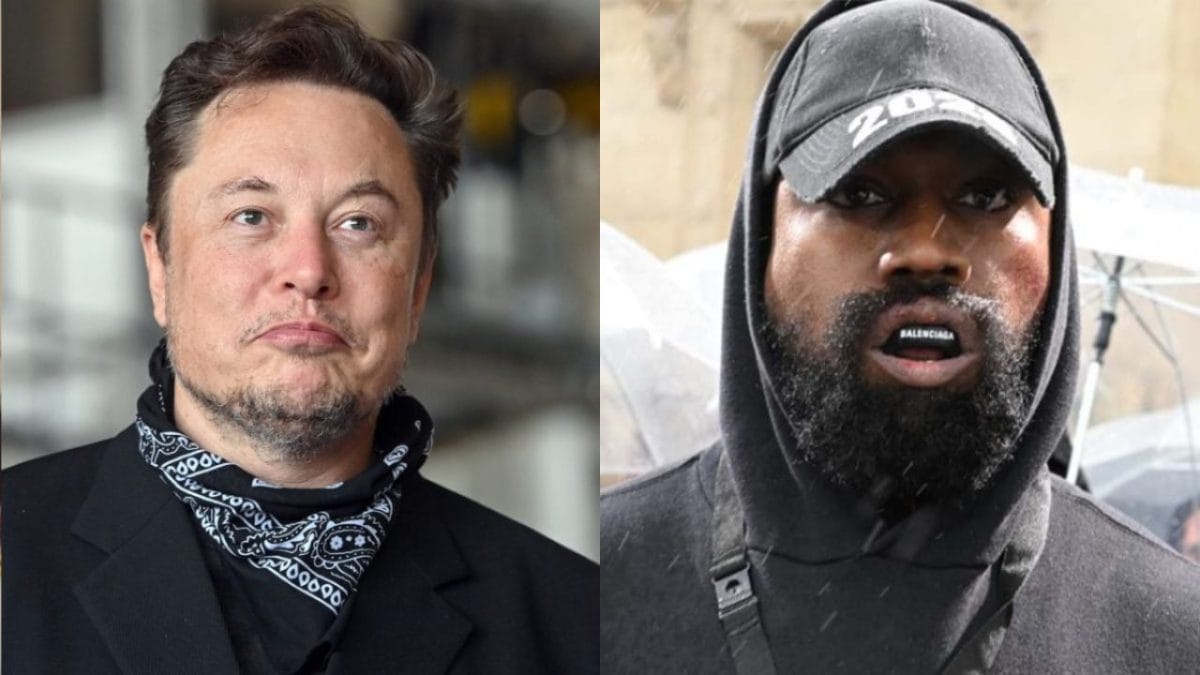Is Censorship Ever Justified?
Are claims of "matrix"-style censorship by various controversial figures true, or paranoia?

I recently joined a Twitter (“X”) Space featuring controversial figures like Andrew Tate, Alex Jones, Kim Dotcom, and others who have been canceled. My curiosity led me there, driven by a desire to hear their side of their respective stories firsthand. In today’s age of information overload and digital echo chambers, understanding different perspectives — even those of individuals who have been largely silenced — can provide valuable insights into whether their claims of a controlling “matrix” are based on paranoia or have some basis in reality.
Why I Tuned In
You might wonder why I bothered to listen to voices that have been widely criticized or even deplatformed. The answer is simple: I wanted to hear their narratives without the filter of mainstream media or the biases of third-party interpretations. Whether or not you agree with these figures, it’s important to assess their claims directly to understand the broader conversation about freedom of speech, censorship, and the so-called “matrix” they often refer to.
The Concept of the “Matrix”
The term “matrix” in this context isn’t about a simulated reality like the one from the famous film. Instead, it’s used to describe a perceived system of control, where powerful entities — be they governments, corporations, or social media platforms — manipulate and limit the flow of information. Those who talk about the “matrix” often believe that the mainstream narrative is tightly controlled and that dissenting voices are systematically silenced.
Are These Concerns Paranoia or Well-Founded?
Listening to these speakers, it’s clear that their views on the “matrix” stem from real experiences of being deplatformed or censored. Andrew Tate, for example, has been banned from several social media platforms, and Alex Jones was famously removed from multiple major platforms. These incidents fuel their belief that there is a coordinated effort to suppress certain viewpoints.
However, whether these actions are part of a broader, malevolent scheme or simply the result of these individuals violating terms of service is up for debate. Many argue that the deplatforming is a necessary response to harmful content, while others see it as a dangerous precedent for free speech.
The Importance of Diverse Perspectives
Regardless of where you stand on these issues, there’s value in hearing out different sides of the story. In an era where algorithms often dictate the content we see, leading to echo chambers that reinforce our existing beliefs, seeking out diverse perspectives is more important than ever. Engaging with viewpoints that challenge our own can help us form a more nuanced understanding of the world and the forces at play within it.
Final Thoughts: Question Everything
The discussion around censorship, free speech, and the so-called “matrix” is complex and multi-faceted. While some of the claims made by these figures may seem far-fetched, dismissing them outright without investigation can be equally dangerous. By tuning into conversations like the one I recently joined, we can better navigate the murky waters of modern information warfare and decide for ourselves what to believe. Whether or not you buy into the “matrix” narrative, it’s crucial to stay informed, question everything, and keep an open mind.
What do you think? Is censorship ever justified?





